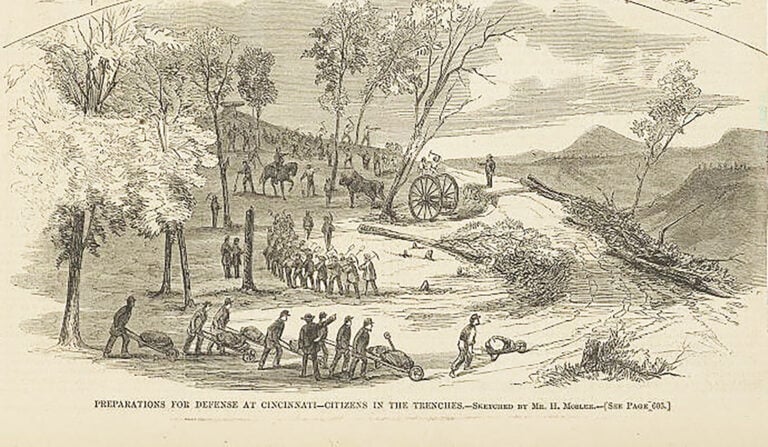Staff report
Kentucky will see the hottest weather of the summer this week, prompting the National Weather Service to issue Excessive Heat Warnings and Heat Advisories for the state.
An unusual multi-day Excessive Heat Warning is now in effect through Thursday evening, primarily along and west of Interstate 65. The National Weather Service (NWS) office in Louisville says each afternoon, the heat index, which is the effect on the human body of the combination of high heat and humidity, are expected to reach 105 each day. While 105 is normally the criteria for a Heat Advisory, they can jump to an Excessive Heat Warning, if the conditions are forecast to persist for at least four days.
The Bluegrass region of Central Kentucky as well as Northern Kentucky are under a heat advisory through Monday evening for a heat index of 100-105, although the NWS says it may be extended on a day-to-day basis, based on forecast trends.
The Northern Kentucky forecast from the National Weather Service is:

The advice from the NWS: “Drink plenty of fluids, stay in an air-conditioned room, stay out of the sun, and check up on relatives and neighbors. Young children and pets should never be left unattended in vehicles under any circumstances.”
They add, “Take extra precautions if you work or spend time outside. When possible, reschedule strenuous activities to early morning or evening. Know the signs and symptoms of heat exhaustion and heat stroke. Wear lightweight and loose-fitting clothing when possible. To reduce risk during outdoor work, the Occupational Safety and Health Administration recommends scheduling frequent rest breaks in shaded or air-conditioned environments. Anyone overcome by heat should be moved to a cool and shaded location. Heat stroke is an emergency! Call 9 1 1.”
Relief in the form of cooler temperatures and rain is not expected until the weekend.
Advice from Duke Energy:
Here are tips from Duke Energy to remind consumers of simple steps to conserve energy around your home that can make a difference in your energy bill.
Energy Efficiency Tips
Hot summer weather can mean more energy use and higher energy bills. Fortunately, there are some no- and low-cost ways to save energy around the home.
• Change air filters regularly.
A dirty air filter makes an HVAC system work harder, which uses more energy.
• Set your thermostat at the highest comfortable setting.
The smaller the difference between the inside and outside temperatures, the lower your energy usage and bill will be.
• Close blinds, drapes and curtains during the hottest part of the day.
Keeping your blinds, drapes and curtains closed will help prevent the sun’s rays from heating your house.
• Use a ceiling fan in occupied rooms to supplement your air conditioning.
Make sure the fans are set to operate in a counterclockwise direction to push cool air down into living spaces.
• Grill outdoors.
Using your electric oven and stovetop creates a lot of indoor heat. Help save energy by firing up the grill outdoors or prepare meals that don’t require cooking.
• Turn off unnecessary lights.
Be sure to turn off lights when you leave a room. Lights emit heat and cause your air conditioning system to work harder.
Customers can also use their smart meters to help track their energy usage and sign up for daily or midcycle alerts that show current energy use and a projection of that month’s bill at the current rate of usage.
Assistance is available to manage potential higher bills…
• Share the Light Fund® provides one-time assistance to eligible customers. An additional $125,000 in financial assistance is now available to Duke Energy customers in Ohio and Kentucky who may be struggling to pay their energy bills.
• Financial assistance may also be available through local, state and federal programs.
• Installment plans make paying off larger bill amounts more manageable.
• Budget Billing can make planning and budgeting for energy costs easier.
• Pick your Due Date Great for those on a fixed income or for customers who like to manage personal finances once a month, this option allows customers to select their bill due date.
• Lower My Bill Toolkit helps you take steps toward saving energy and understanding your energy use. The “Special Assistance” section also shares financial assistance programs.
From the National Weather Service:


















